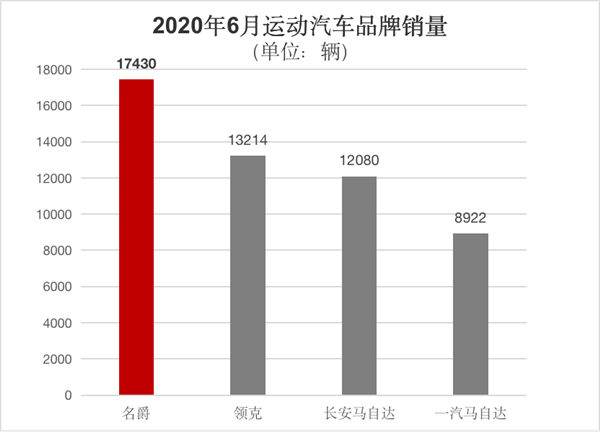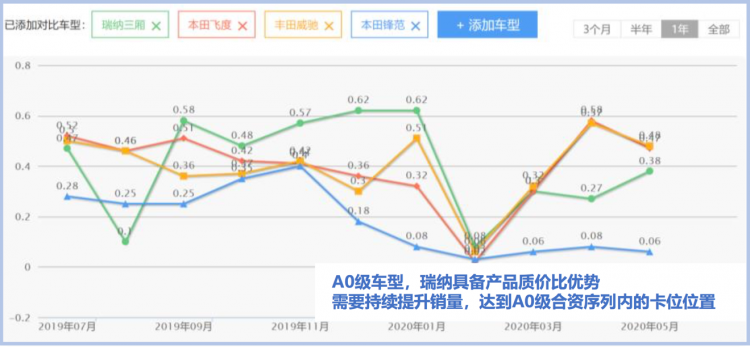Smart tourism is an “Internet +” product born based on Internet platform technology. It is an ecological product, with modern technology in hand to attack the traditional defense line, covering everything from point to surface. Rather than saying that it is a product driven by a technological revolution, it is better to say that it is driven by market demand and consumer groups.
As the world’s third largest tourist receiving country, China’s domestic and foreign tourism market demand drives the improvement of services, and the technological road of smart tourism is an inevitable choice. Today’s people have been overly dependent on electronic products. In the process of tourism consumption, they hope to solve all problems except on-site experience through mobile phones or the Internet. The subsequent transformation of the tourism market, changes in tourism products, and changes in marketing plans are actually There are traces to follow.
![[Industry] Unlock the accumulation of knowledge in the era of wisdom](https://img.ucar.run/ecar/13190.jpg)
Smart tourism has taken root in the birth of generations of Internet products. Electronic ticket sales in tourist attractions and smart tour guides are the initial product forms. Visual management of scenic spots, data storage and summary, and information management platforms are the second-generation product forms. Scenic spot automation products and data analysis Intelligent management, mobile client background, etc. are the third-generation product forms. The continuous improvement of supporting facilities for these products has rapidly set off the development and evolution of the tourism industry.
Tourism is a category in the public domain, so its product form extends to the entire environment in addition to scenic spots. The establishment of the Internet environment, the construction of Internet of Things facilities, the promotion of new forms of tourism, the improvement of the public service system, and the successive implementation of scenic spots, villages, cities, and camps form a complete form of smart tourism. The promotion of “Internet + tourism” is the key to promoting the transformation and upgrading of the tourism industry, and its core lies in the intelligence of products and marketing.
![[Industry] Unlock the accumulation of knowledge in the era of wisdom](https://img.ucar.run/ecar/13191.jpg)
The so-called product is actually the establishment of a tourism big data platform, a tourism service platform, a tourism management platform, and a tourism marketing platform, covering the tourism consumption environment with the Internet. An intelligent scenic spot built on the basis of tourism geographic information technology, in which virtual reality technology enables people to observe the scenic spot from different positions and angles, providing people with an immersive feeling. It can enable tourism consumers to preview the scenery of the scenic spot in advance while making online reservations, and release personal suggestions and information in time after the travel experience is completed, so as to complete the interaction with the scenic spot.
In addition, the big data platform plays a key role in the intelligent development of the entire tourism industry because it carries information about services, management and marketing. Through the process of mobile client booking, searching, automatic identification and feedback of information, it can manage user information system and basically have service functions. After understanding user tendencies and feedback needs, we can combine on-site traditional services and improve facilities to meet tourists’ needs. Through big data, it is possible to monitor the flow of people in tourist destinations, analyze tourist preferences, and thus locate the tourist source market, segment the tourist market, and launch precise marketing methods and feasible projects; in addition, predict the number of visits to various scenic spots in the next few days through the search volume of tourists , combined with the big data of communication operators, real-time dynamic monitoring of tourist flow density and flow direction can be realized, and congestion can also be prevented in time.
![[Industry] Unlock the accumulation of knowledge in the era of wisdom](https://img.ucar.run/ecar/13192.jpg)
Smart tourism is sometimes more like a mirror, which can illuminate corners of information that traditional tourism cannot capture, and these are exactly what people who are catching up with the times need. Tourism must be a product that keeps up with development, which is its attribute. It is also the inevitability of the development of smart tourism.
Smart tourism is an all-round re-innovation process. Various intelligent technical means can be applied to the construction of scenic spots. Various high-tech industries, information industries, and creative industries can improve the resources of scenic spots through visual transformation and technical adjustment. Quality and service quality provide a new window for the interaction between tourism consumers and high-tech products, and this process does not happen overnight.
The biggest expectation for the development of smart tourism lies in the hope that it can reduce the cost of the industry. The biggest obstacle to the development of tourism is the high cost, the high cost of development and construction, and the high cost of operation management (personnel), especially in remote areas. Development costs and talents The demand is very large. If we can use the new Internet and Internet of Things technology to provide some basic services and solve these two problems to a certain extent, it will become the most critical role of smart tourism in the future.
![[Industry] Unlock the accumulation of knowledge in the era of wisdom](https://img.ucar.run/ecar/13193.jpg)
We can make some assumptions about the future form of smart tourism. For example, if you choose a tourist destination on an APP, any scenic spot or camp in any city, you can learn about the IP routes, popular attractions information, and the best play items in the local area. , Nearby traffic and hotel real-time information, play strategies and precautions and other comprehensive information, or you can get a more concrete understanding from images and videos, pay for reservations online, and even provide some P2P interactive entertainment in scenic spots, or scenic spots Scenic games for friends and multi-person participation, tailor-made different browsing programs and consumption experiences according to the personal preferences of tourists. At the same time, the scenic spot can also greatly reduce the number of personnel. The unmanned ticketing system that has been implemented now, the command and charging of the scenic spot parking lot, etc., present an efficient and fully self-service model.
RV camping is a kind of tourism that involves a wide range of activities and the displacement of tourists has undergone tremendous changes. Its needs and investment needs such as construction services and safety management are cost-effective. We cannot meet the needs of tourists’ behavior and investment with a large space span. However, intelligent The means can solve the outdoor space infrastructure, safety management, etc., to meet the basic needs of RV tourism. The core idea of smart tourism is resource integration, but it involves too many industries, industries and other social fields. Conversely, from the perspective of RV camping operation and development, cross-border interconnection and network increase more possibilities for the same project Sexuality is something we can draw on to be intellectualized.
![[Industry] Unlock the accumulation of knowledge in the era of wisdom](https://img.ucar.run/ecar/13194.jpg)
In the process of camping experience for tourists, various smart tourism hardware experience facilities and products can also be deeply integrated into the product facilities of the camping site, so that the technology of “smart building” and “smart home” can be applied to the design of RV camping sites Among them, for example, self-service products such as unattended smart hydroelectric piles have been widely installed in many camps at present, gradually cultivating people’s “smart life” habit of traveling.




